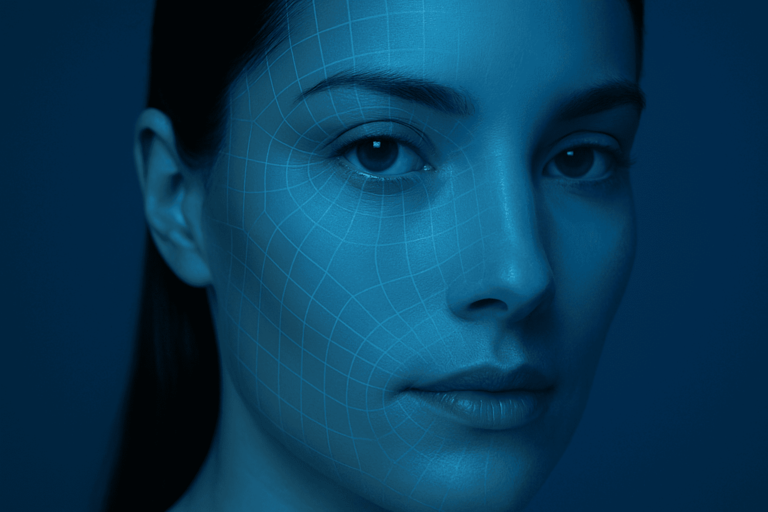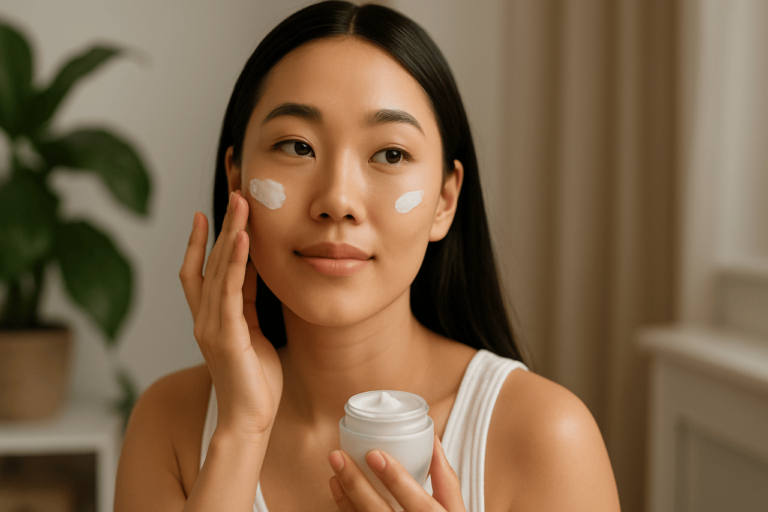Skincare marketing must innovate. In 2024, the global skincare market is expected to generate $186.60 billion (Statista Market Insights). With high competition and a demand for innovation, brands face pressure to differentiate themselves and craft science-driven claims with credible evidence. As consumers become more informed and skeptical, science-backed products have become a necessity. However, navigating this landscape is complex, especially with the rise of “scientific washing.”
Rising demand for science-backed claims in skincare marketing
Leading skincare brands offer innovative products along with the scientific proof behind them. Consumers now demand research to support these claims. According to Mintel, 75% of Spanish consumers believe beauty brands should provide scientific evidence to back their claims—a sentiment shared by 67% of UK consumers. This shift towards evidence-based marketing is vital for standing out in a saturated market.
The complexity of substantiating skincare claims
Substantiating mechanical claims, such as skin firmness and elasticity, has historically been challenging. However, Cydolia’s 3D acquisition system has revolutionized this process by offering clinical validation for previously difficult claims like sagging and skin plumpness. This technology not only provides clinical proof but also converts marketing assertions into scientific facts.
Crafting gold standard claims
Cydolia’s technology captures optical, metric, and mechanical skin parameters in a single process. This enables brands to create claims that align with both product specifications and market needs. With this, brands can establish scientifically robust and compliant claims.
Visual proof: bringing science to the forefront
Cydolia’s visualization technology allows brands to create compelling before-and-after images, demonstrating product efficacy. In a market flooded with claims, visual proof helps consumers make informed decisions. The BBB Programs emphasize that such advertising must be substantiated, accurate, and representative of product efficacy. Cydolia ensures the highest standards of accuracy for these images.
FAQ: Scientific claims in skincare marketing
What is skincare marketing?
Skincare marketing is the promotion of skincare products using targeted strategies such as digital campaigns, influencer partnerships, and content marketing. A crucial element is developing efficacy claims that are backed by scientific research. These claims highlight the effectiveness of products and build consumer trust by demonstrating proven results, making them more compelling and credible in the competitive skincare market.
Why are innovative claims crucial in skincare marketing?
Innovative claims set brands apart in the competitive skincare market. Backed by scientific research, these claims offer consumers clear evidence of product efficacy, helping build trust and driving engagement.
How do brands develop science-backed claims for skincare?
Brands can use 3D technologies, such as Cydolia’s 3D systems, to validate claims related to skin attributes like firmness and elasticity, providing solid scientific proof for skincare marketing purposes.
What role does visualization play in substantiating claims?
Visualization, like before-and-after images linked to clinical data, brings innovative claims to life. Cydolia’s beauty tech ensures these visuals are accurate, helping consumers see the true impact of a product.
What is "scientific washing," and how does it affect skincare marketing?
"Scientific washing" refers to the misuse of scientific jargon without credible evidence. To avoid this, brands must provide real, validated claims, a key factor for consumer trust in skincare marketing.
How can 3D technology enhance claim innovation?
Technologies like Cydolia’s offer comprehensive skin analysis, allowing brands to explore new parameters like pore reduction or enhanced texture, turning scientific insights into unique claims.
How do innovative claims influence long-term skincare marketing strategies?
Innovative, science-driven claims allow brands to maintain credibility and adapt their skincare marketing strategies for future products, ensuring long-term success in a competitive landscape where beauty tech becomes predominant.
Sources
- Mintel, 2023. Substantiated claims and expert-led insights key to the future of beauty. CosmeticsDesign-Europe. Available at: https://www.cosmeticsdesign-europe.com/Article/2023/04/18/Substantiated-claims-and-expert-led-insights-key-to-the-future-of-beauty-Mintel
- Statista, 2023. Skin Care – Worldwide. Statista. Available at: https://www.statista.com/outlook/cmo/beauty-personal-care/skin-care/worldwide
- The Guardian, 2024. Credible science or false claims? Calls for more regulation of beauty products. Available at: https://www.theguardian.com/fashion/2024/mar/04/credible-science-or-false-claims-calls-for-more-regulation-of-beauty-products





